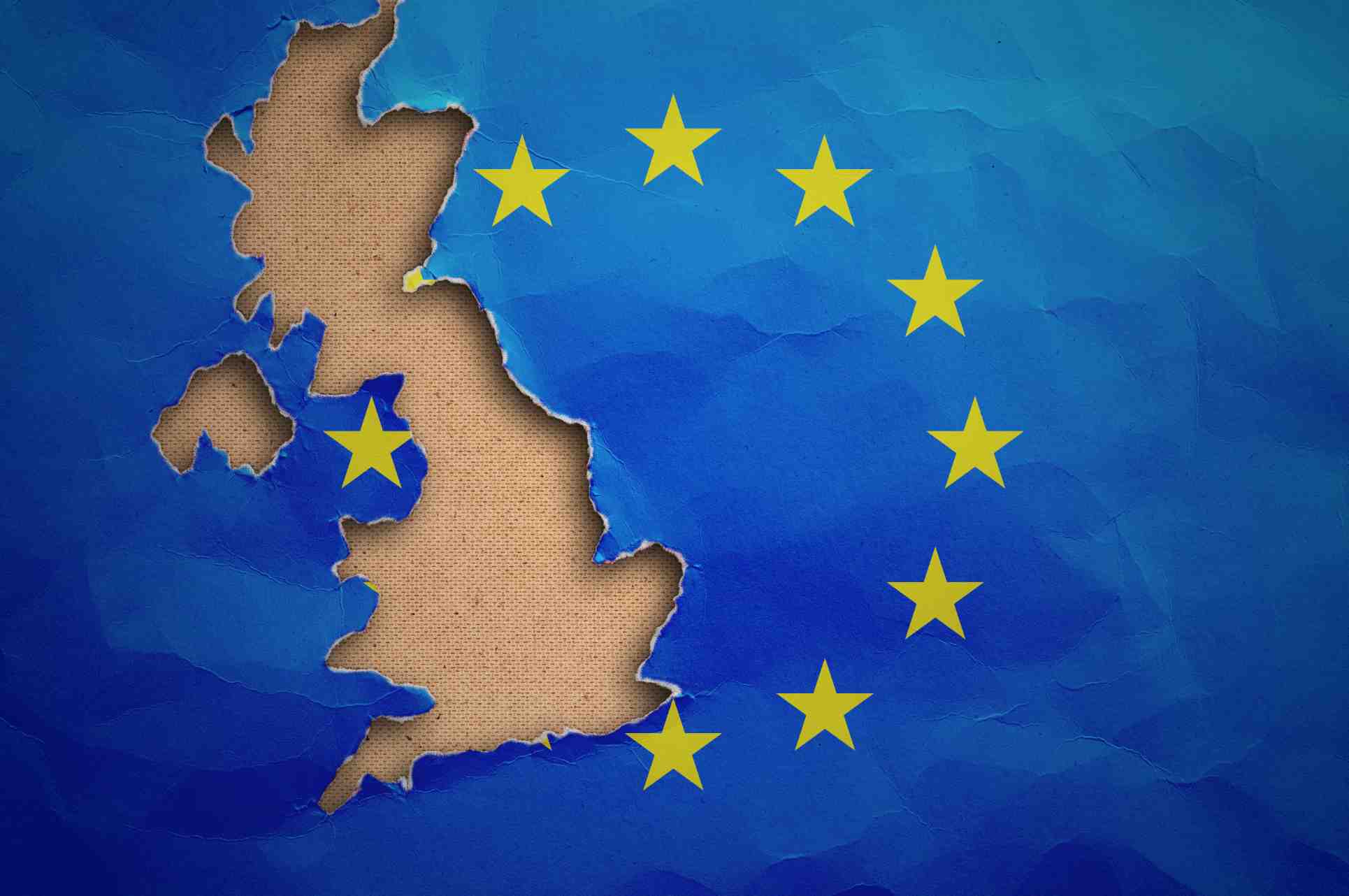
In the EMA’s first annual report since its forced move from London to Amsterdam, executive director Guido Rasi pulls no punches about the impact of Brexit on medicines development.
The sacrifices made by the agency in 2018 as a result of the UK’s planned withdrawal from the EU have already hit activities such as the development and revision of guidelines which are “one of EMA’s key instruments for increasing the efficiency of medicines development in Europe” according to Rasi.
That has already affected a planned update of the EMA’s guidelines on the development of new medicines to treat haemophilia A and B, where there are a number of new therapies coming through development.
Also impacted are the proactive publication of clinical data, which has been suspended just as the benefits were starting to be realised, and much-needed upgrades to information systems that have had to be delayed, says Rasi in the report.

The EMA’s Guido Rasi
“There is no escaping that these cutbacks have hampered, at least in the short term, the ability of this agency to keep abreast of scientific and regulatory developments and to support research and development of medicines in Europe,” said Rasi.
The comments have been seized upon by BioIndustry Association (BIA) chief executive Steve Bates, who said in a blog post that “this is the key message that we need to land with the Brexit negotiators on both sides of the channel.”
The report comes as the UK MHRA is also entering a tricky period, with the news that head of devices John Wilkinson is standing down, just a few months after agency’s chief executive Ian Hudson announced his retirement and as the search goes on for a successor.
The departing leadership adds to the uncertainty facing the MHRA as it considers a future separated from the EMA, unless a deal that guarantees close ties can be forged.
EMA management board chair Christa Wirthumer-Hoche writes in the annual report that “there is no doubt that the UK’s expertise in the network will be missed, but we are working hard to fill the gap.” As of April, over 370 centrally authorised products (CAPs) had been transferred from the UK to new rapporteurs and co-rapporteurs from the EU27 member states, plus Iceland and Norway.
She also notes that 2018 “was another challenging year for the agency, with Brexit featuring on the agenda of every meeting of the board.”
There’s little sign that the Brexit pressure will let up for a few months at least, now that a delay to the Article 50 date has been set to 31 October, although the UK could leave earlier if a withdrawal agreement is ratified by MPs. The UK was originally due to leave on 29 March.
Bates has said previously it is clear that a no-deal Brexit would mean total duplication of regulation in the UK outside the EU, introducing additional red tape and expense for pharma, biotech and medical devices companies and relegating the UK to a market of secondary importance.




